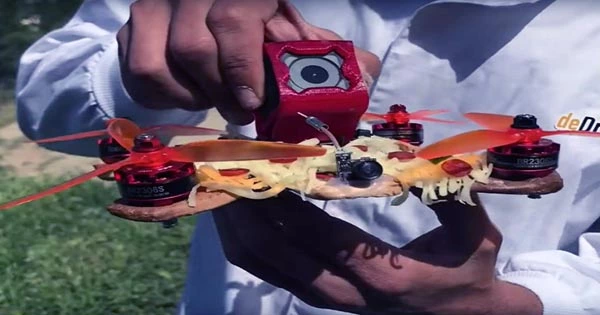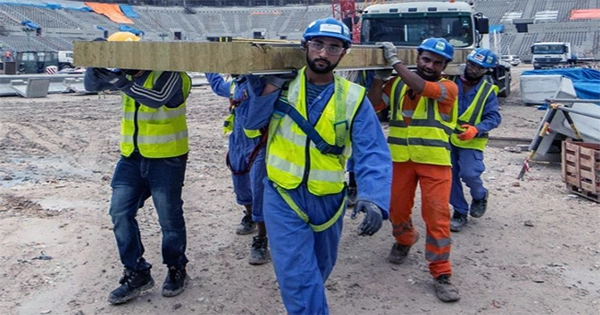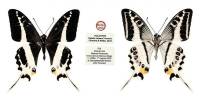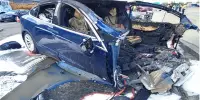Bill Peduto was the last person I chatted with over the summer. It was a sort of farewell interview, marking the end of eight years as mayor of Pittsburgh. Carnegie Mellon University (CMU) announced this week that the politician has been named a Distinguished Executive in Residence at the Heinz College of Information Systems and Public Policy. He’ll work as a lecturer at the institution and assist teach a “mini course.”
The Pittsburgh he leaves behind as mayor is a far cry from the dismal Rust Belt city that many people imagine from the millenium. A pair of institutions (CMU and University of Pittsburgh) and the UPMC hospital system have helped the city’s economic development into a technological and medical centre. This week’s email begins with a chat with Peduto about how robots, automation, and artificial intelligence might help design the cities of the future.
How have you been during the previous several months? The month of January flew by. In February, I began the process of forming an S-Corporation. That meant paying money to lawyers and tax accountants to get the proposals written and approved. In March, I began doing part of the work on it while waiting for a response from CMU. It’s been a period of transformation. That’s the most accurate description.
In Pittsburgh, we’ve witnessed a remarkable economic comeback. How significant was the presence of two large world-class institutions in the process? Senator Moynihan, I believe, expressed it best: “If you want to construct a world-class city, build a university 100 years ago.” Between the colleges and the hospitals, it is unquestionably the reason why Pittsburgh was able to recover in the way that it did.
They took the position of the institutional heavy industries in the aftermath of the Great Depression in the 1980s and 1990s, and were able to become both the economic rudder and motor. They established entirely new industries around invention that not only took the place of those sectors and the amount of people working inside them, but also allowed Pittsburgh to reclaim its place on the world stage by developing within those new industries.
Allowing Uber to test driverless cars on Pittsburgh streets was one of the rules you enacted. What role did such agreements play in your plans? In 2007, I had the opportunity to meet and work with Red Whittaker for the first time. It was before he won the DARPA Challenge, and about the same time, CMU was using vehicles on city streets in a fairly confined region within my council district.
They were also down on the rails in Hazelwood. I would never have let Uber into the streets of Pittsburgh in 2015 if I hadn’t known, worked with, and felt that level of comfort. Pittsburgh would not have been the first city to have autonomous vehicles on its streets if I hadn’t known, worked with, and felt that level of comfort. That would have meant that we would not have seen the billions of dollars in investments and 5,000 people employed in the construction of an entire industry here.
What role do you think automation and robots will play in cities in the future? It is the autonomous of everything in Pittsburgh. It’s not only about automation in cars, transportation, or storage. It’s the self-contained version of virtually everything. It’s how cross-sectionality will function in the future. How robotics interacts with medicine, as well as many sorts of technology and developing sectors. What I feel is that tiny towns like Pittsburgh, which are working in these developing industries, have the chance to connect, chat, and exchange their experiences. I believe that’s where we’ll see new industries emerge.
















